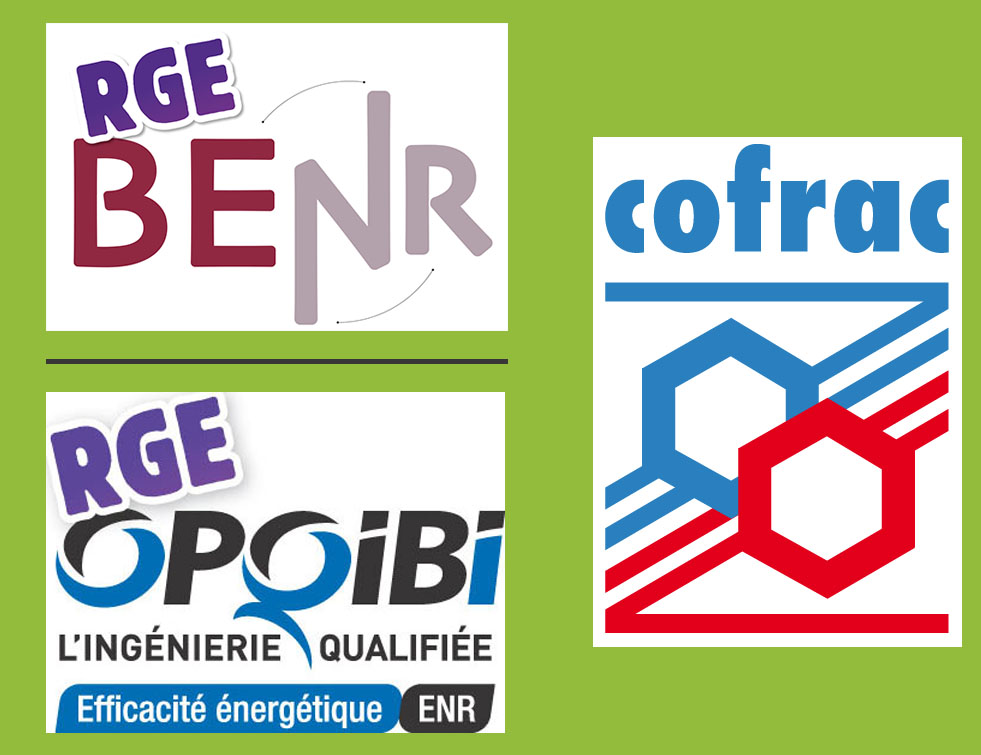Living in a sober home teaches you valuable life skills that aid in your independence. You’ll learn financial responsibility by paying rent, time management by following the house schedule, and self-care practices crucial for maintaining sobriety. These skills instill a sense of responsibility and prepare you for a successful transition to independent living. Sober living homes are more than https://maximum-smolensk.ru/index.php?option=com_k2&view=itemlist&task=user&id=29164 just a place to stay; they’re communities committed to supporting individuals in their pursuit of a substance-free life. The structure of these homes, with their emphasis on rules, accountability, and community, provides the necessary foundation for lasting recovery. A core component of sober living homes is the emphasis on personal accountability coupled with peer support.
- The time spent in a sober-living home depends on a number of factors including strength of recovery from addiction, progress on clinical milestones and the personal living situation at home.
- Typically, sober living houses aren’t as widely covered by insurance plans as rehabilitation centers.
- In the 1950’s, “Halfway houses” (often funded by the government) were founded due to concerns about sustaining personal recovery after treatment.
The History of Sober Living Homes
- People in recovery receive peer support and accountability in a level-one sober living home.
- In some cases, sober living homes will contract with licensed drug rehabilitation centers and therapists as a means for providing an even greater level of care.
- Let’s say you or a loved one has almost completed an alcohol or other drug addiction treatment program.
- That can be a good time to get to know future roommates and decide whether that particular house is best for you.
- Further, having an untreated mental health disorder may impede your ability to thrive in the sober home.
By providing separate homes, facilitators can provide gender-specific care to improve the chances of success. Smith and Clark recommend seeking out an SLH after completing clinical treatment to best practice the skills learned in the program alongside others in recovery. Finally, a transitional housing center with a sobriety requirement could be of great help if you’re struggling with housing insecurity, mainly due to addiction struggles. Sober living is a lifestyle characterized by healthy behaviors.
What to Expect in a Sober Living Home
Establishing a sober lifestyle is difficult during the early stages of recovery. You need somewhere safe you can go after treatment, a place where you’ll be free of triggers and surrounded by social support. Those lessons, particularly the ones about physical appearance — Yeah, I https://goodnight.dn.ua/infusions/poster/index.php?readmore=8155 got all this plastic surgery. My mother’s lesson to me regarding womanhood was about being as beautiful as you can at all times.
- Residents may first move into homes with high levels of support and then transition to homes with lower levels of support.
- Residents in sober-living homes commit to abstaining from substance use while participating in outpatient programming or after completing inpatient drug rehab.
- By Julia Childs Heyl, MSWJulia Childs Heyl, MSW, is a clinical social worker and writer.
- A sober home is one option to consider if you’re looking for a supportive after-treatment environment.
What Are the Differences between Halfway Houses and Other Sober-Living Houses?
In-house therapy and sometimes even medical services https://acousticlyrics.ru/1996-music/ are provided. A sober living house can be a valuable support for people in recovery, providing stability, accountability, and a sense of community. These homes help residents create a new, sober life while receiving support from others who are also in recovery. Whether you’re coming from a rehab program or just need a supportive place to stay sober, understanding what a sober living house offers can help your recovery. Recovering from addiction is hard, and having the right support can make a big difference.




Commentaires récents